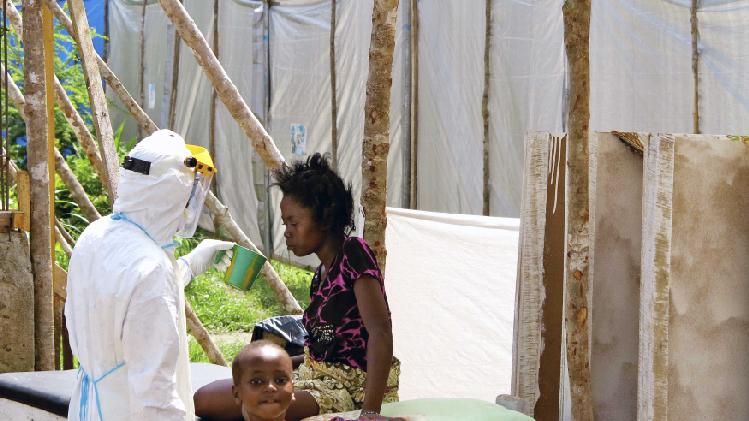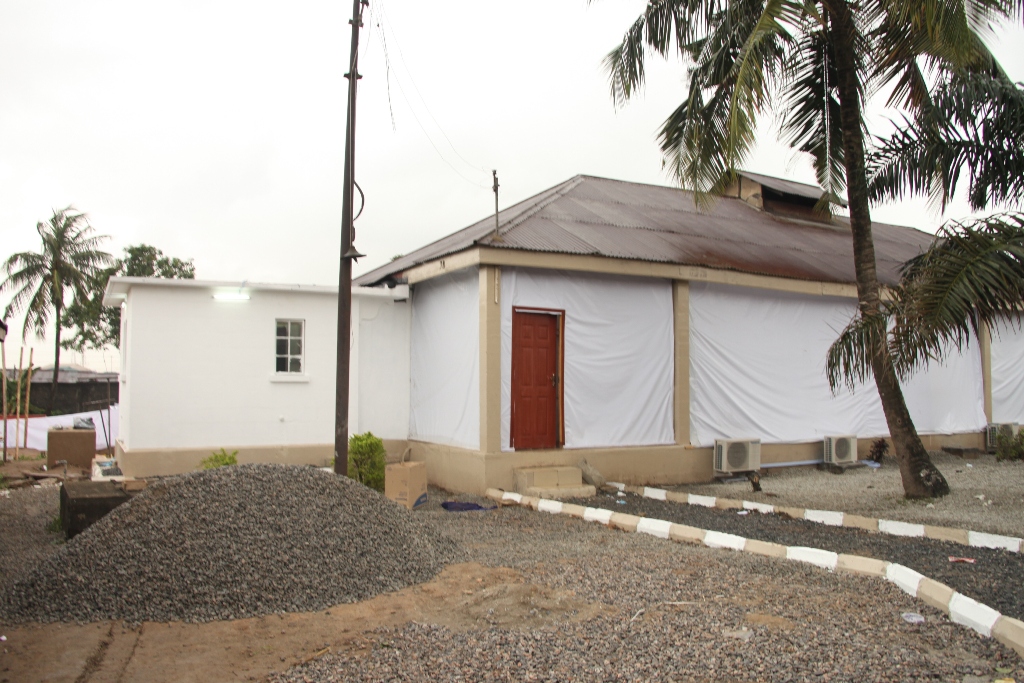As the deadly Ebola virus continues to spread and claim more casualties at an alarming rate, the fear of contracting the virus has caused the circulation of various messages of protection on social media.
Broadcasts of bathing with salt water and putting salt in water meant for consumption as a preventive measure against Ebola have gone viral in the last 24 hours, creating confusion, especially as the message in circulation were laced with the obedience-is-better-than-sacrifice religious injunction.
However, a medic at the Lagos State University Teaching Hospital (LUTH), where the government set up the first isolation ward for victims of Ebola virus in Nigeria, has told TheCable that the circulating messages are misleading, as wrong use of salt could even lead to health hazards such as skin infection and hypertension.
“When there is a terrible situation like this, people spread all sorts of rumour in order to give at least a possible form of defence,” said Dr. Akeem Olowofela.
Advertisement
“There is nothing that salt water has to do with curing Ebola. The only thing that has been proven for now is that there is a substance in bitter kola that increases immunity against the virus. That has been proven.
“But that does not imply that if you come in contact with a patient that has Ebola, you cannot contract the disease. It’s not a total defence. It only makes you better off than the person who has not taken Bitter kola.”
Olowofela further highlighted the implications of wrong application of salt.
Advertisement
“Funny enough, salt water doesn’t do anything to your skin. It can even create slight infection on your skin. It can create bacteria. Taking salt does not mean that you have a form of defence against Ebola; it only means that you have not done anything to harm Ebola!
“Salt should be applied with discretion because, as a matter of fact, if you are somebody that has the tendency to have hypertension and you take too much salt, you could just have outright hypertension.”
However, he advised Nigerians not to be misled but increase their level of consciousness and also report any suspected Ebola cases to competent hospitals, as adequate measures are being taken to prevent a massive outbreak of the epidemic in the country.
Ebola, which according to the World Health Orgsanisation has led to the loss of an estimated 932 lives across four West African countries, was introduced to Nigeria by Mr. Patrick Sawyerr, a Liberian.
Advertisement
While deadly virus has killed one of the medical personnel who attended to him at a private hospital in Lagos, five other persons who had contact with Sawyer have been confirmed to have symptoms of the highly contagious virus.
Ebola has no known vaccine or treatment but can be prevented by maintaining a high level of personal hygiene and avoiding bodily fluids of its victims.
3 comments








wonderful, cola and honey can prevent ebola
Wash your hands with soap and water, rinse your mouth with soap and water. Tell other
Ebola is truely a disease